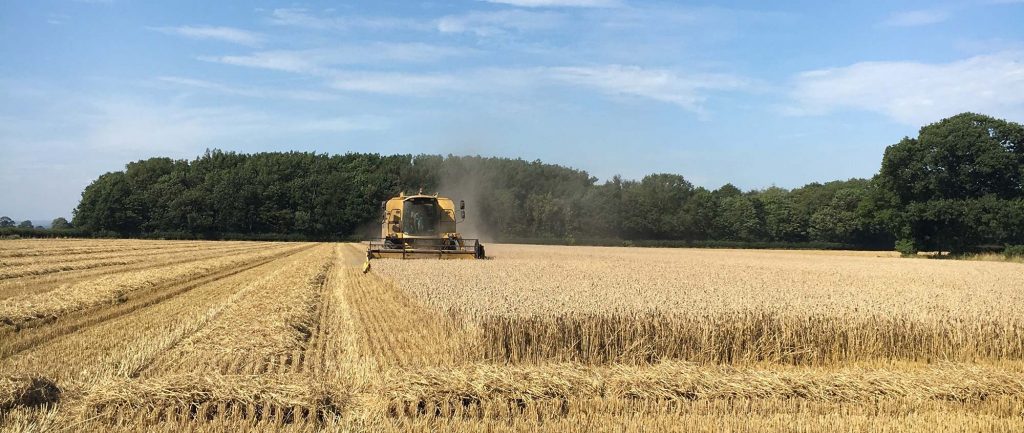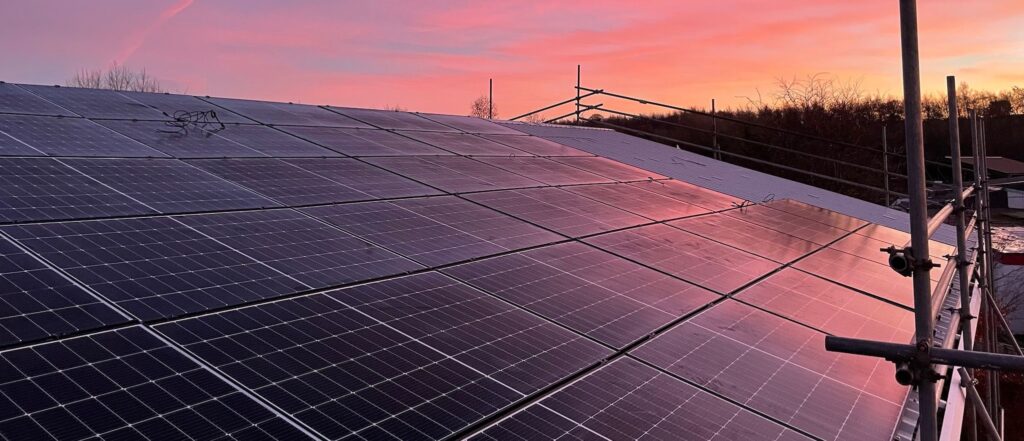In follow up to the response I’ve seen to the Rooftop Solar petition being led by the CPRE – some people in support and others opposing the campaign – there is one common theme; each response is questioning your government’s policy and direction for implementing a viable solar strategy, and so I would like to put forward some of the questions that your constituents need answering.

To provide some context, having seen the data reported by the CPRE on solar, the current outlook for meeting the target set by your party ten years ago, which is to produce 20GW of solar energy (by next year), is looking dismal to say the least. The review states the UK’s current solar PV capacity is around 14GW, of which just 5GW is produced through solar installations on rooftops; and you’re working towards a further target for producing 70GW of solar power by 2035 – a 5-fold increase to be achieved in just 12 years’ time.
Evidence from this independent report also shows how underutilised rooftop capacity is, with commercial buildings and new homes providing the opportunity to meet a large proportion of your target, without the need to further decimate our farming industry; or intensify the food security crisis we’re facing as a nation.
We’re All In This Together
Looking at this debate from two very contrasting perspectives, the current approach to implementing a solar strategy isn’t working for either end of the spectrum.
To explain what I mean by this, I’ve had an interesting conversation with Alex Thornton of Harmony Energy this week who informs me that you personally advised him to take the direction of pursuing solar and battery projects – such as the one on Old Malton’s farmland – despite the opposition you are now declaring to the proposal they have made at this site.
On this matter we ask, how can you genuinely oppose a solar proposal such as the one at Old Malton, when this is the outcome of your government’s failure to legislate and incentivise solar installations in the right places?
Harmony Energy is a business that is fully committed to supporting a greener future and so in my opinion, is an organisation that is going to be crucial to you/us reducing the effects of climate change, within the timeframes you have pledged. For the potential they offer, they have my full support. Despite my passion for the environment however, I explained to them my loyalty to the farming community and my reluctance to let renewables take precedence over our country’s agricultural heritage; and in return, they explained to me the challenges they face in helping your government implement its flawed renewable strategy.
We are all in this together; the Conservatives, the Greens, the farmers, the landlords, energy developers and your constituents – the people of Ryedale. The climate crisis affects us all. As Alex Thornton explained, the single most limiting factor his business faces is the capacity of the existing grid infrastructure and lack of commitment from your government to invest in this. I’m told it will simply take ‘decades’ to develop this to a point of you being able to meet solar production targets and so surely, it must be time for this work to begin.
Kevin, bearing in mind the conservative government is spending circa £100 billion on HS2, please let us know how much and when will the government be investing in the national grid infrastructure, to ensure that future solar targets can be met without further jeopardising the British farming industry?

It can’t go unmentioned that the victims here are the Sturdy family. My heart goes out to them, they have farmed the land they are fighting to protect, for several generations. This solar proposal will take away productive land, used to produce high quality food for our country. The prospect of them being targeted and removed in this way, should not be possible.
As Emma Sturdy continues with her campaign, I read with interest some of her frustrations regarding the absence of national policy from your government, which causes developers to ‘chance their luck with solar proposals on whatever land suits them, irrespective of the role it plays.’ Her blatant plea for national and local authorities to urgently regulate solar development, offering clear guidance for what should cause a solar development to be ‘rejected’ or ‘accepted’ is one that needs addressing today for everybody’s benefit.
In light of their torment, please confirm when will you propose a revised policy for implementing a realistic and truly beneficial solar energy plan – one which clearly outlines the parameters for viable applications, and rewards solar proposals in the right places – such as the untouched rooftops of our commercial properties and new homes, or low-grade land & brownfield sites available in the UK?

From my own perspective, as a business owner in Ryedale who has covered the rooftops of two warehouses with solar panels, I have personally experienced the obstacles others will face should they choose to do the same. With no government incentive and zero funding available, I have invested personally in a 171kWp system made up of 424 solar panels, which are forecast to produce 121,890 kWh (kilowatt hours) per year; this is over 200% of my business’ current energy requirements.
For the privilege, I encountered endless obstacles due to the limitations of the grid infrastructure and gaining a connection, leaving our solar panels inoperative for nearly six months. We were then penalised through exorbitant business rates, simply because we were going to use a proportion of the electricity we produce for our own business needs.
Kevin, in support of the rooftop solar campaign, I ask, why businesses (like my own) which are willing to help you achieve the solar targets you have set, are not incentivised, supported or rewarded financially for doing so?
To conclude and in connection with my own solar investment, are the regular concerns I hear from local businesses who are closing their doors across Ryedale, due to the extortionate energy costs they face, which are making it impossible for them to survive the current economic climate.
I know all too well how the energy giants are exploiting the market. My business currently produces green electricity and sells this back to the grid for others to use. The energy suppliers are marking up the price they give us by a shocking 700%.
My final question Kevin is therefore on behalf of local businesses. When are you going to regulate the energy market so that prices are capped and incentives exist for businesses to invest in solar panels – allowing them to reduce their energy bills, whilst also working towards the climate goals that your government has promised?
For those in doubt, I would like to affirm my position on this debate, both as a farmer’s son; a local business owner; and of course the Green Party’s parliamentary candidate for Malton & Thirsk. It is without doubt that I wholeheartedly support all renewables in the right places. It saddens me to observe the current clash taking place between farmer and renewable energy developer in our district. This should not be happening and so as our elected MP, we need clarification from Kevin Hollinrake on where your party stands on the above matters.

